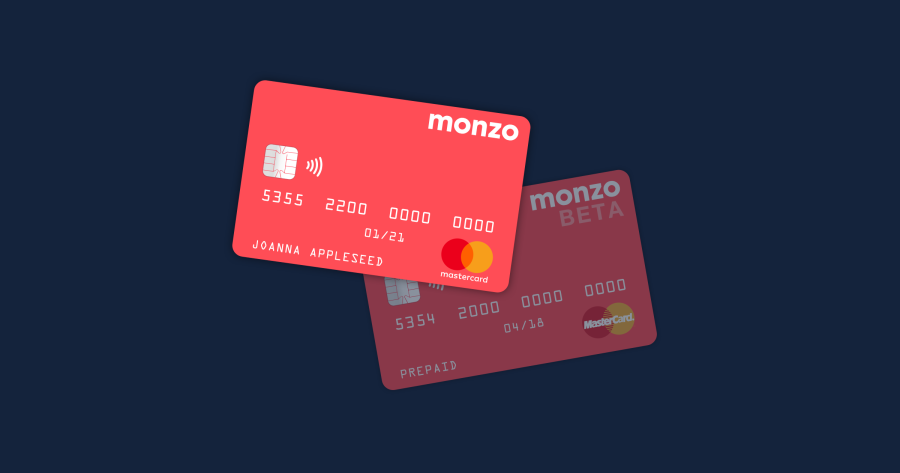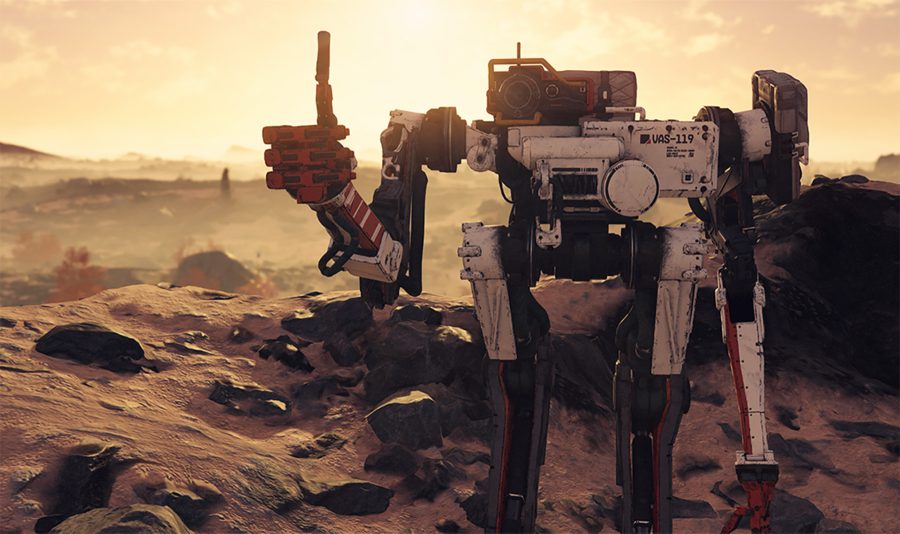Adobe has announced new experimental generative AI tools the company hopes will revolutionize how people create and edit custom audio.
Called Project Music GenAI Control, the tools allow users to generate original music simply by providing text prompts. Users can then finely edit the AI-generated audio to fit their exact needs.
The new tools build on Adobe’s Firefly image generation system which has already been used to create over six billion images. Adobe says Project Music GenAI Control makes generative AI a “co-creator” that assists people in crafting customized music and audio for projects like podcasts and videos.
Explore the future of sonic creativity 🔊 with Project Music GenAI Control! Emerging experimental tech from the Adobe Research team can create audio tracks using text prompts and even transform your music based on reference melodies. Learn more: https://t.co/hy9J4qOXfO pic.twitter.com/6HBBIxsptF
— Adobe (@Adobe) February 28, 2024
“With Project Music GenAI Control, generative AI becomes your co-creator. It helps people craft music for their projects, whether they’re broadcasters, or podcasters, or anyone else who needs audio that’s just the right mood, tone, and length,” says Nicholas Bryan, Senior Research Scientist at Adobe Research and one of the creators of the technologies.
How does Adobe’s Project Music GenAI Control work?
After entering a text prompt like “suspenseful rock” or “cheerful pop”, the AI generates a unique audio clip. A simple interface then allows for granular editing changes – transforming melodies, adjusting tempo and song structure, extending length, remixing sections, and more. This gives users pixel-level control similar to Photoshop but for audio waveforms instead of images.
The tools aim to solve workflow issues around producing custom intro/outro music and background audio. Rather than manually editing existing songs, Project Music GenAI Control makes it easy to generate precisely what you need.
The technology was developed alongside researchers from UC San Diego and Carnegie Mellon University. The research team claims AI co-creation can enhance human creativity rather than replace it. Time will tell if that is the case.
Adobe says transparency and ethics are crucial, so AI-generated content will include “nutrition label” metadata showing its origins.
Featured image: Adobe










